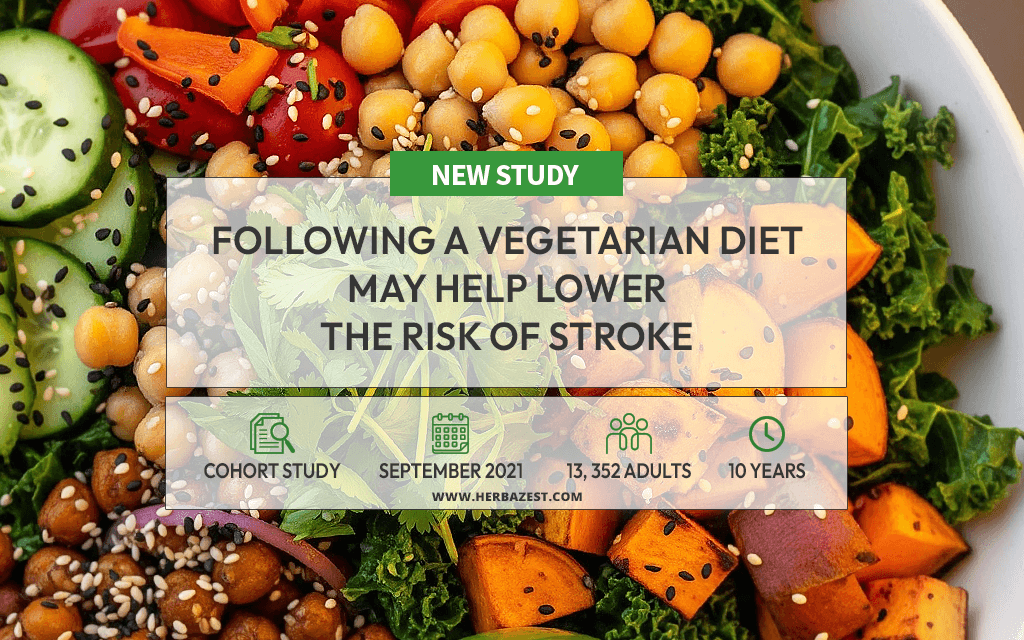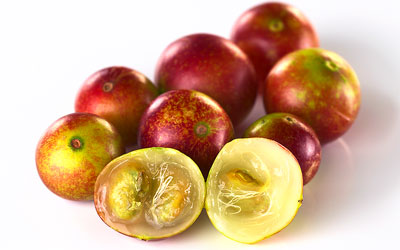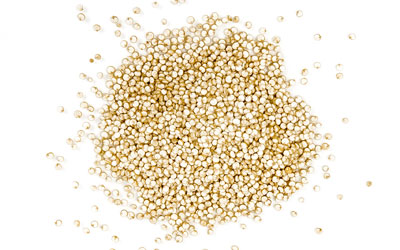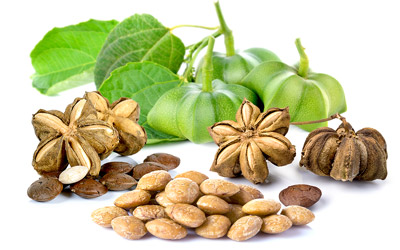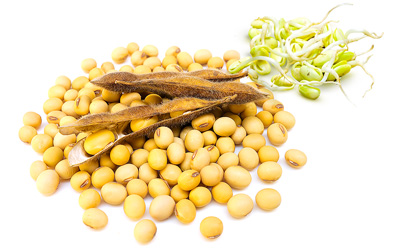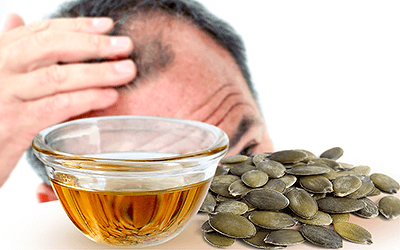Stroke is said to affect almost 800,000 people annually in the United States alone.1 Diet modifications - among other interventions - are an important step towards decreasing the risk of stroke and prolonging life.
When it comes to choosing a heart-healthy diet, a number of studies have pointed to vegetarianism. Among the most important health benefits of eating plant-based meals are improved blood pressure, reduced cholesterol levels, and lowered mortality.
The purpose of this study was to determine the effects of a vegetarian diet on stroke incidence.
The Study
This study was done by researchers from the Department of Nutritional Science at the Taiwanese Fu Jen Catholic University. The results were published in the 2021 edition of the Neurology journal.
Researchers followed a total of 13,352 participants, split into two cohorts: the Tzu Chi Health Study and the Tzu Chi Vegetarian Study. Participants had no history of stroke at the beginning of the 10-year trial period.
Health examination and blood tests were done before the study. Food frequency questionnaires were used to register participants' dietary habits. Stroke cases and their subtypes were identified throughout the study.
The Results
About one third of the participants in both cohorts consumed a vegetarian diet, of which higher proportions were women, non-smokers, and non-alcohol drinkers.
Researchers found that vegetarians had lower incidence rates of ischemic, hemorrhagic, and overall stroke relative to non-vegetarians.
They were also found to have lower body max indices (BMIs) as well as lower prevalence of hypertension and dyslipidemia.
Vegetarians, on the other hand, had lower levels of vitamin B12, folate, and homocysteine (an amino acid) than non-vegetarians.
What Does this Mean?
The results of this study provide strong evidence that following a vegetarian diet helps lower the risk of stroke.
Researchers believe that a plant-based diet exerts protective effects against stroke by reducing key metabolic risk factors, most particularly hypertension.
Herbs that are a worthwhile addition to a plant-based diet include sacha inchi, quinoa, soy, lentils, and camu camu.
Sources
- Neurology, Vegetarian diet and incidence of total, ischemic, and hemorrhagic stroke in 2 cohorts in Taiwan, 2021
Footnotes:
- Eunice Kennedy Shriver National Institute of Child Health and Human Development. (2016). How many people are affected by/at risk for stroke? Retrieved September 10, 2021 from https://www.nichd.nih.gov/health/topics/stroke/conditioninfo/risk
